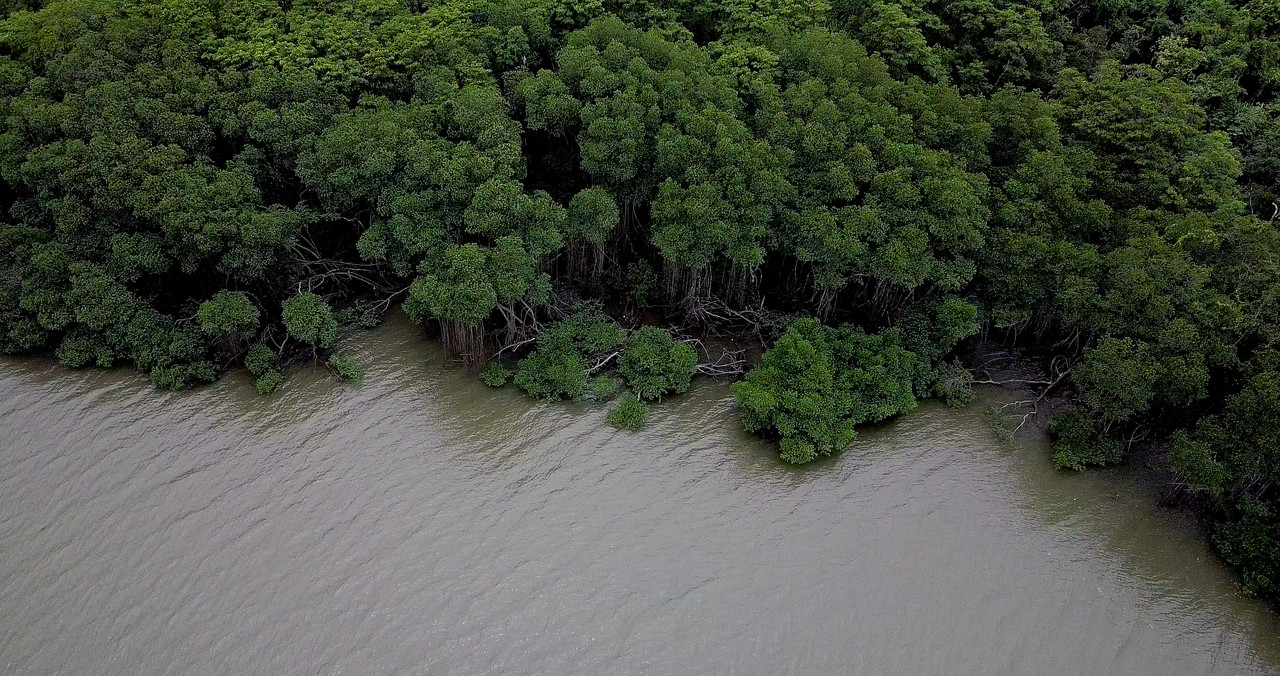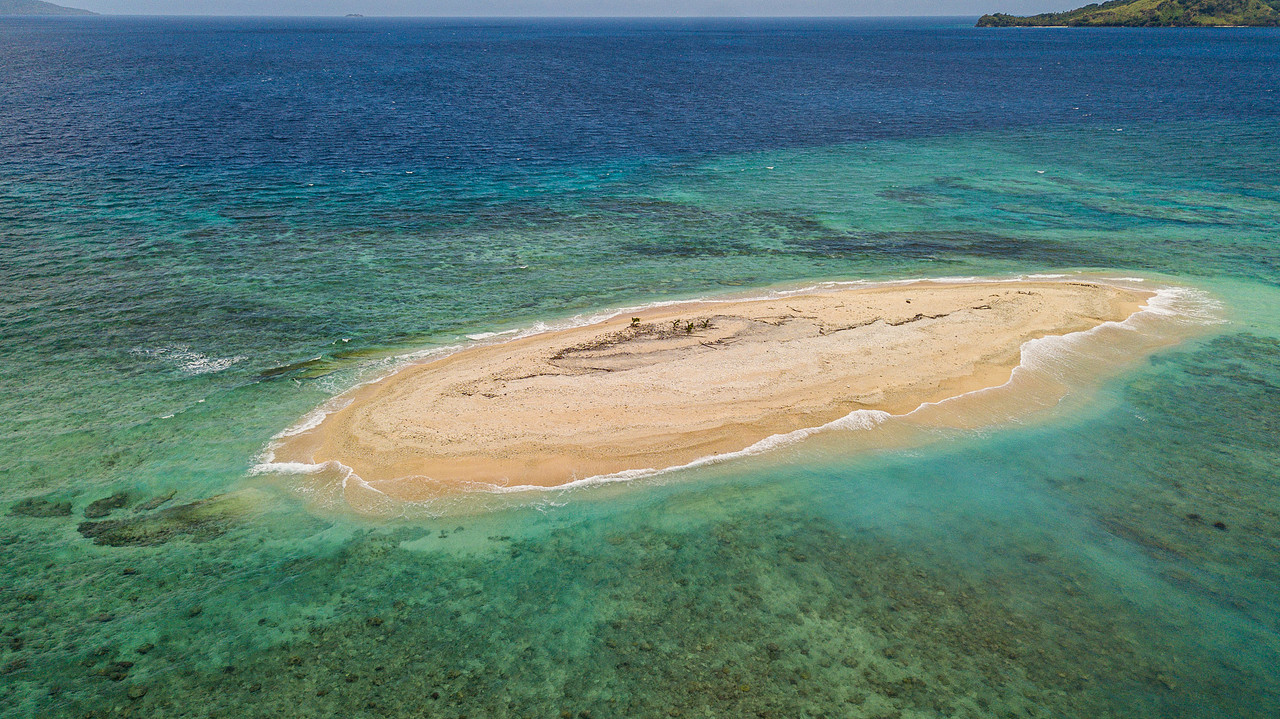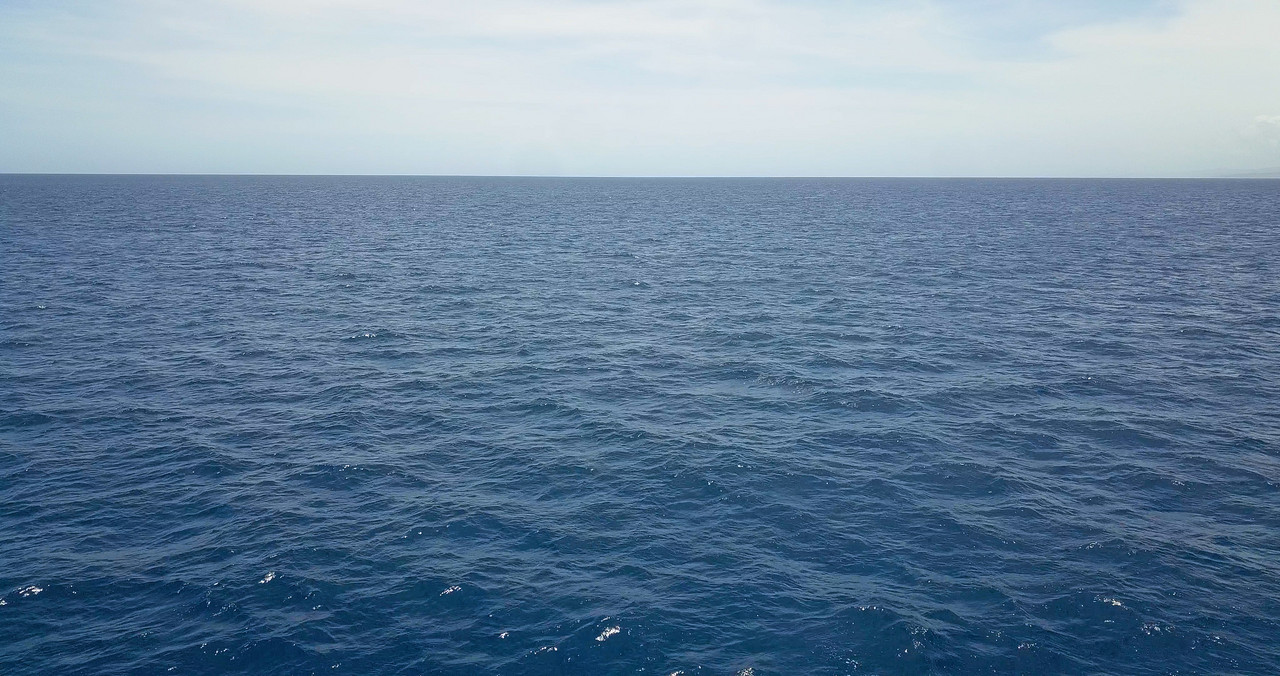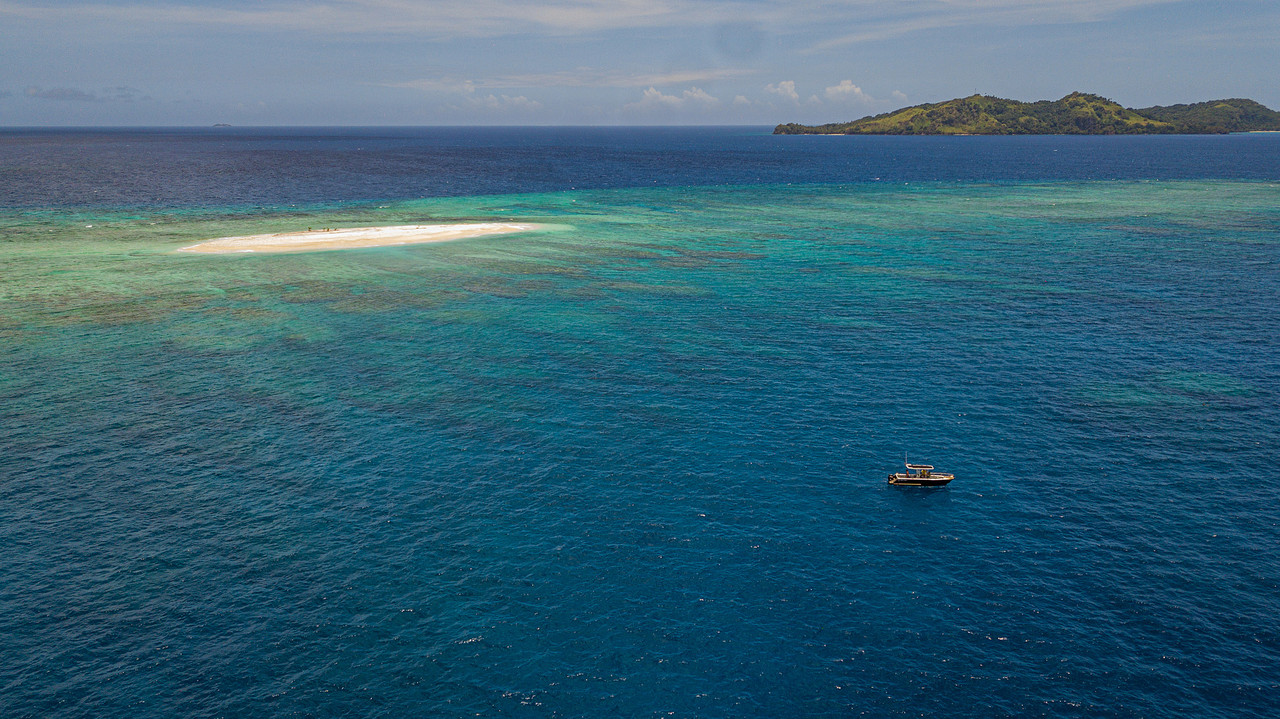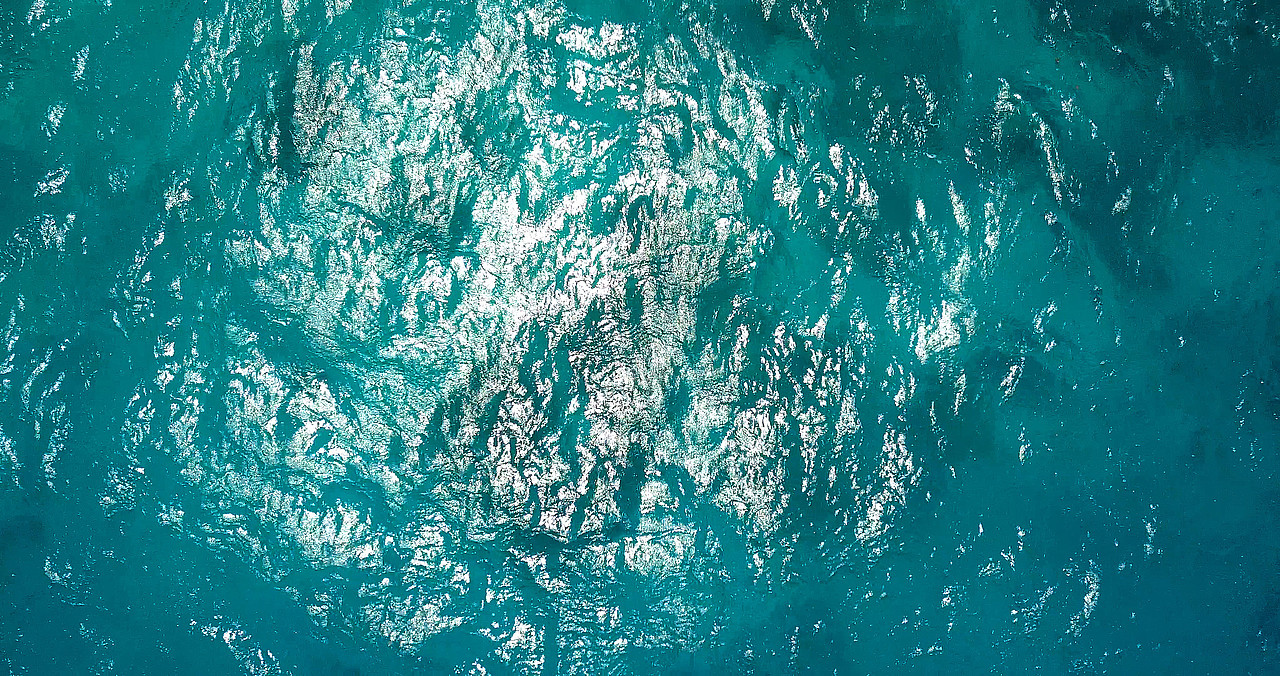
Through hyper-detailed soundscape compositions, combined with 360 videography, kinetic seating, and olfactory effects, »Oceanic Refractions« creates an unforgettable sensorial experience. Moved by listening and silence, the work offers audiences rare insights into the environmental relations sustaining Oceania’s many worlds.
The climate crisis, an expression of colonial-capitalist violence, is intensifying rapidly. Oceanic frontline communities have long been navigating changing ecosystems. It is through cultures of reciprocity between people, lands and waters, that these changes are being experienced. By listening to environments we recognise our interdependence with the earth; we need one another to survive. Across Oceania, interdependence enables self-determination, collaboration and care in the face of incommensurable loss and grief.
Professor Nabobo-Baba’s comment is one of many Oceanian perspectives, grounded in such interdependence. In »Oceanic Refractions,« field recordings of the reefs of Fiji, the oceans and mangroves of Kiribati, and the shorelines of Papua New Guinea’s Duke of York Islands are interwoven with reflections from teachers, artists, fisherpeople, grandparents, and chiefs. Moved by listening and silence, »Oceanic Refractions« offers audiences rare insights into the environmental relations sustaining Oceania’s many worlds.
The result of several years of research and talanoa (dialogue) with Indigenous leaders, scholars, artists and advocates from Fiji, Kiribati, Papua New Guinea, the Marshall Islands and Nauru, the work is led and produced by artists AM Kanngieser (Australia/Germany) and Mere Nailatikau (Fiji) and who combine their expertise in climate research, education and arts (Kanngieser) and Pacific communication and international relations (Nailatikau), as they work with sound artist KMRU (Kenya/Germany), filmmakers Laisiasa Dave Lavaki (Fiji) and Tumeli Tuqota (Fiji), olfactory designer Smell Art (Australia), design and fabrication studio Space Forms (Ireland) and projection specialist Frame Works (Ireland).
The themes addressed by the installation will be further explored through talks and lectures at both CTM Festival and transmediale, as well as through specially commissioned texts featured via the festival magazines.
Accessibility
silent green Kuppelhalle is wheelchair accessible. We offer free access for an accompanying person for holders of a »Schwerbehinderten Ausweis mit Kategorie B« card. Please get in touch with us in advance to make arrangements, via accessibility(at)ctm-festival.de.
Several sessions with mandatory masking are offered for immunocompromised visitors: January 30th at 18:30, January 31st at 14:00, and on February 4th at 14:00.
Indigenous Pacific, First Nations and Aboriginal communities can reach out for free access to the installation by writing to us at boxoffice(at)ctm-festival.de.
»Oceanic Refractions« is co-produced by CTM Festival and transmediale with funding by the Hauptstadtkulturfonds (German Capital Culture Fonds), Creative Australia and with support from the European Commission.
